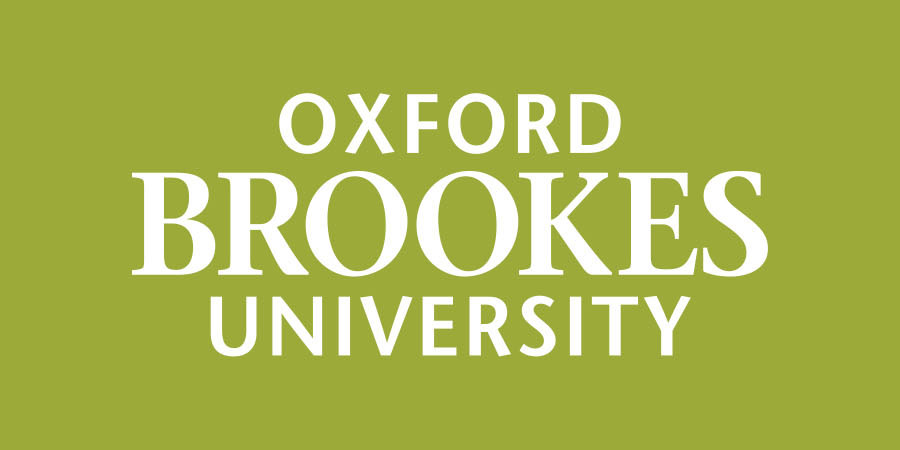Nigel Groome Studentship: Behavioural Ecology of Nesting in Penguins
Oxford Brookes University - Faculty of Health and Life Sciences - School of Biological and Medical Sciences
| Qualification Type: | PhD |
|---|---|
| Location: | Oxford |
| Funding for: | UK Students, EU Students, International Students |
| Funding amount: | £19,237 |
| Hours: | Full Time |
| Placed On: | 3rd December 2024 |
|---|---|
| Closes: | 17th January 2025 |
3 Year, full-time funded PhD Studentship
Eligibility: Home UK/EU and International applicants
Bursary p.a.: Bursary equivalent to UKRI national minimum stipend plus fees (current 2024/25 bursary rate is £19,237)
Fees and Bench fees: will be met by the University for the 3 years of the funded Studentship. Visa and associated costs are not funded. International applicants can visit https://www.brookes.ac.uk/students/isat/ for further information
Closing date: Friday 17th January 2025 – Midday
Start Date: September / October 2025
Project Title: Nigel Groome Studentship: Behavioural ecology of nesting in penguins
Requirements:
Applicants should have a first or upper second-class honours degree from a Higher Education Institution in the UK or acceptable equivalent qualification. EU Applicants must have a valid IELTS Academic test certificate (or equivalent) with an overall minimum score of 6.5 to 7.0 and no score below 6.0 issued in the last 2 years by an approved test centre.
The studentship requires you to undertake the equivalent of up to 6 hrs teaching per week on average, during semester time, and to include preparation and marking (but no more than 20 hrs per week), and to participate in a teaching skills course without further remuneration.
Project Description:
What structures colonies in threatened versus non-threatened penguin colonies? How are interactions at the individual level perceived at the societal level and does this shape communities in wild populations? To what extent do these outcomes depend on the environment? Ecological analyses carried out tend to be time series or spatial analyses; rarely both. Ecologists and behavioural ecologists tend to study interactions in relatively static systems or the impacts of explicit interactions. Single dimension focus dimension misses how combined effects can influence the dynamics of the entire system. With 15 years of time lapse camera data on Antarctica penguins and high resolution 3D colonies models, we explore questions such as how perturbations influence the system dynamics in both time and space and determine the persistence of long spatial perturbations, whether nest size predicts the reproductive success of a pair, or if chick survival can be predicted by adult attendance patterns.
The questions are increasingly interesting and tractable in the era of big data. We will use penguins or potentially other species that nest on planar surfaces, using a mixture of aerial surveys and time lapse cameras to determine what happens when nest failure occurs in a crowd (consequences, and, importantly, timings). Study will be challenging and rewarding, providing skills in modern conservation ecology for academia or industry. It will suit a highly motivated candidate from a behaviour, ecological and/or mathematical/computing background, prepared to get muddy, learn coding and enjoy problem-solving. If interested but unsure, contact us. We will establish a training plan depending on the existing skills of the successful candidate recruited to our growing polar ecology/behavioural ecology group.
Application process: Please contact hls-applications@brookes.ac.uk for details of how to apply via the above ‘Apply’ button.
Director of Studies: Dr Matthew Bulbert
Supervisors: Dr Tom Hart, Dr Matthew Bulbert
Project Contact: Dr Matthews Bulbert: mbulbert@brookes.ac.uk
Contact hls-applications@brookes.ac.uk with any queries.
This project is advertised on a competitive basis alongside other current Nigel Groome PhD studentship advertisements for School of Biological and Medical Sciences projects. Part time MPhil/PhD study will be exceptionally considered.
Advert information
Type / Role:
Subject Area(s):
Location(s):









